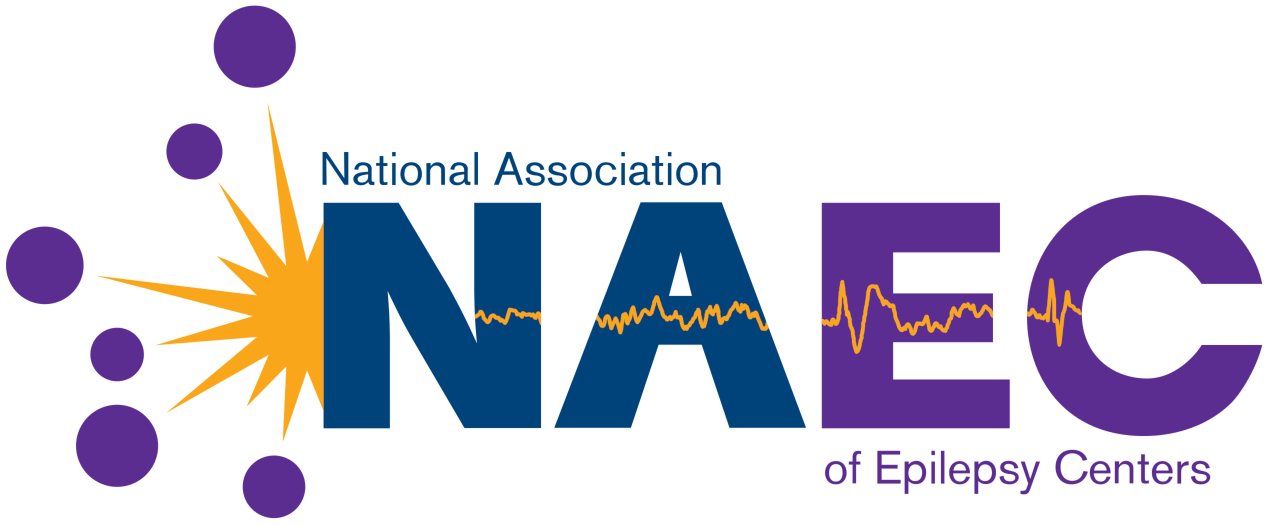Epilepsy Monitoring Units Explained
This month on Epilepsy Explained we answer your questions about Epilepsy Monitoring Units or EMUs for short. Dr. Padmaja Kandula, Chief of Epilepsy and Clinical Neurophysiology at Weill Cornell Medical Center, explains what an epilepsy monitoring unit is, why a person might go to an EMU, what ... This month on Epilepsy Explained we answer your questions about Epilepsy Monitoring Units or EMUs for short. Dr. Padmaja Kandula, Chief of Epilepsy and Clinical Neurophysiology at Weill Cornell Medical Center, explains what an epilepsy monitoring unit is, why a person might go to an EMU, what to expect while there, and how long a person may need to stay in an EMU.And in most centers too, we also do concurrent cardiac monitoring. So it’s continuous EKG that’s put on your chest and that’s done in tandem with the brainwave recording. This is an area of the hospital that personnel, technicians, nurses, doctors, social workers, have actually added qualification in the management of persons with epilepsy.We also are part of the National Association of Epilepsy Centers. So there are strict and stringent rules that are national guidelines that epilepsy monitoring unit centers follow. So you get really good quality national standard care. It is also an area where we can characterize your problem in a faster manner instead of coming through the emergency room, it’s an elective admission.Learn what to expect in an Epilepsy Monitoring Unit (EMU), including how it helps diagnose and prepare for epilepsy treatment.





